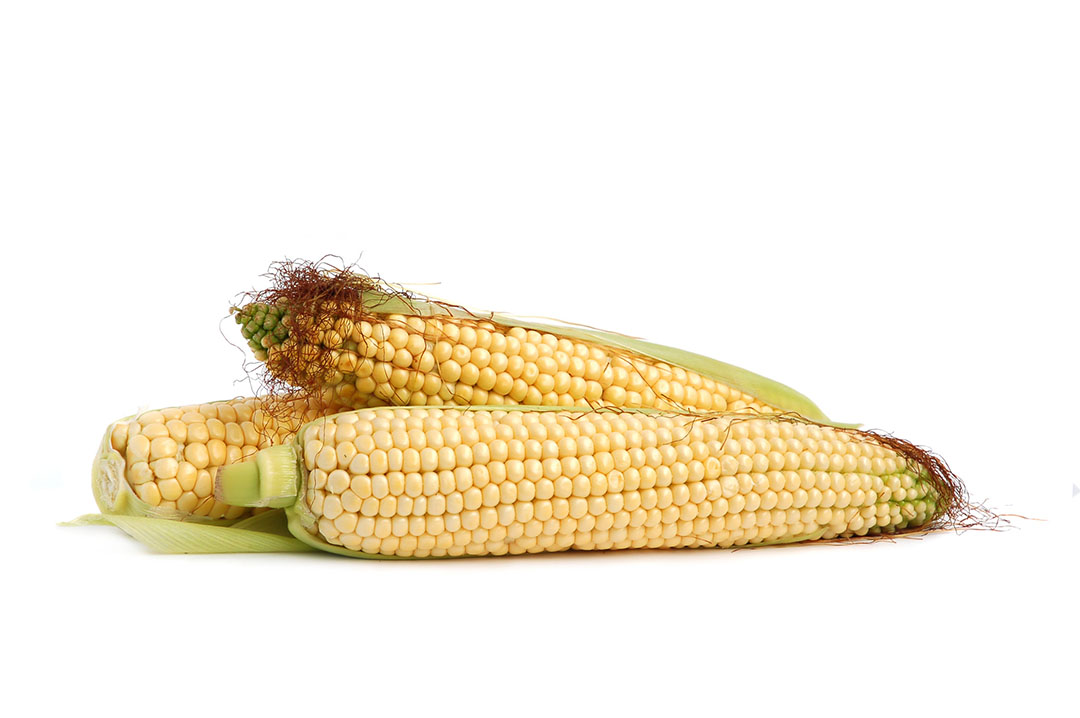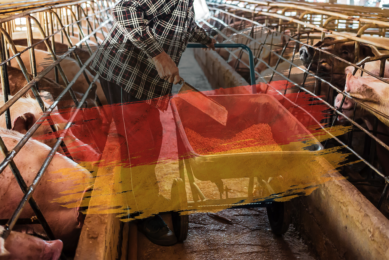New EU project aims to double crop production

The new CropBooster-P EU project will work on improved crops, because our current crop plants will have to be re-designed and a “future proof” profiling is urgently needed.
A doubling of global crop productivity is required to produce enough plant biomass to achieve food and nutrition security in the future, as well as to meet the demands of a future bioeconomy. This increase in crop production must be achieved without any loss of nutritional quality.
Doubling of the production
A new EU project with 18 partners involved, called CropBooster-P, will address these challenges by identifying priorities and opportunities to adapting and boosting productivity to the environmental and societal changes. Ultimately, these crops will need to result in the doubling of the global food production required to feed the world’s expected 10 billion inhabitants and reduce the effects of climate change. While engaging with the public from the beginning, and by mobilising European plant sciences, the objective of the project is to produce a White Paper – a Roadmap – that will describe the pathway to sustainably double Europe’s crop yields by 2050 and preparing these crops for the needs and the future climate of Europe.
Use the land that is already in use
Ensuring sufficient food to feed the global population in 2050 requires a major rise in agricultural production – the equivalent of a yield growth of between 70% and 100%. “This is indeed a huge task, especially as we have to achieve this growth on the agricultural land that is already in use,” says René Klein Lankhorst, programme developer at Wageningen University & Research in the Netherlands and coordinator of the CropBooster-P project.
Optimising the photosynthesis process
According to Klein Lankhorst, it is technically feasible to double the yield of European agriculture by 2050. The key lies in optimising the photosynthesis process: “The current agricultural crops now convert a surprisingly low percentage of sunlight into plant biomass; some 0.5 to 1%. Doubling the percentage to 1 to 2% is all we need and this has already been scientifically proven to be possible. But there’s more involved than photosynthesis alone; the improved crops will also have to use water and minerals such as nitrogen and phosphorus very efficiently. Moreover, an increased yield should have no impact on quality and nutritional value. A great deal of additional research will be required to achieve this goal.”
Source: Wageningen UR











